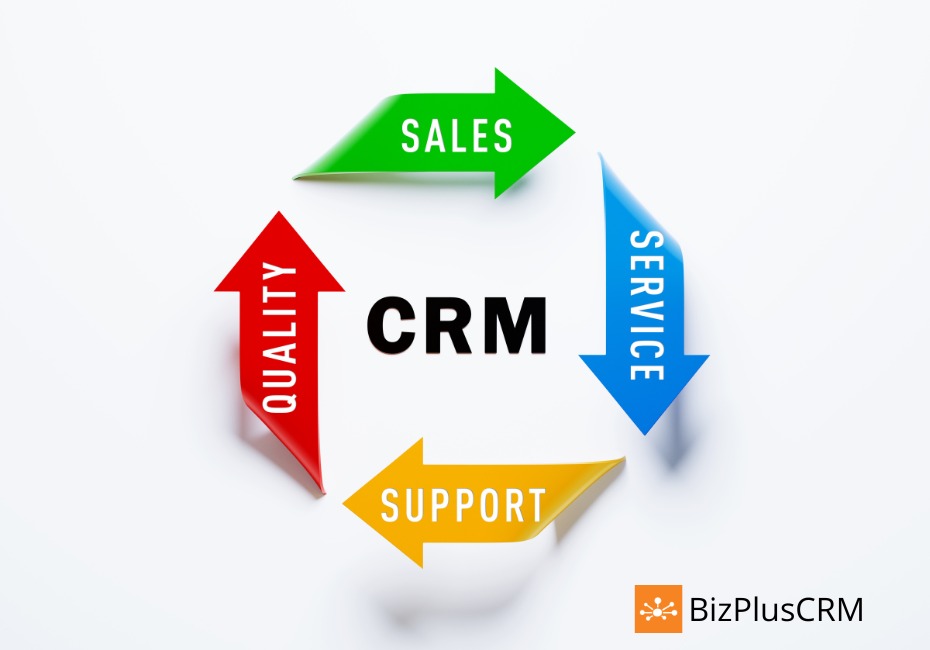In today’s competitive business landscape, maintaining strong relationships with customers is paramount. This is where Customer Relationship Management (CRM) systems come into play. A CRM system is a powerful tool that enables businesses to streamline their processes, enhance customer interactions, and boost overall efficiency. If you’re considering implementing a CRM system in your business, this guide will walk you through the essential steps to ensure a successful integration.
1. Define Your Objectives:
Before diving into the world of CRM systems, it’s crucial to define your objectives. Are you aiming to improve lead generation, enhance customer support, or streamline sales processes? Clearly outlining your goals will help you choose the right CRM system and tailor its features to suit your needs.
2. Select the Right CRM:
The market offers a wide range of CRM systems, each catering to different business sizes and industries. Cloud-based CRM solutions like Salesforce, HubSpot, and Zoho CRM are popular choices due to their scalability and ease of use. Research and compare various options to find the one that aligns best with your objectives and budget.
3. Involve Your Team:
A successful CRM implementation requires buy-in from your entire team. Involve key stakeholders, including sales, marketing, customer service, and IT personnel, from the early planning stages. Their insights will be invaluable in customizing the CRM to fit various departmental needs.
4. Data Clean-Up:
Your CRM is only as good as the data it holds. Before migration, conduct a thorough data clean-up to ensure accuracy and consistency. Remove duplicate entries, correct errors, and standardize formats. High-quality data will yield meaningful insights and prevent issues down the line.
5. Customize and Configure:
Tailor the CRM system to match your business processes. Configure the software to reflect your sales stages, customer support workflows, and lead management procedures. This customization will streamline operations and ensure a seamless transition for your team.
6. Data Migration:
Transferring existing data to the CRM requires careful planning. Work with your IT team or a CRM consultant to ensure a smooth migration process. Validate the accuracy of the transferred data and conduct thorough testing before going live.
7. Provide Comprehensive Training:
Proper training is essential to ensure that your team can effectively use the CRM system. Offer training sessions that cover the system’s features, functionalities, and best practices. Consider creating training materials or partnering with the CRM provider for training resources.
8. Integration with Existing Tools:
Your business likely uses other tools and software. A well-integrated CRM can sync seamlessly with these tools, enhancing productivity and minimizing manual data entry. Integration with email clients, marketing automation platforms, and e-commerce systems can further streamline processes.
9. Monitor and Refine:
After the CRM system is up and running, closely monitor its performance. Gather feedback from your team and track key performance indicators (KPIs) such as lead conversion rates, customer satisfaction scores, and response times. Use these insights to refine your processes and improve the CRM’s effectiveness over time.
10. Scale and Adapt:
As your business grows and evolves, so should your CRM system. Regularly review your objectives and assess whether your CRM is meeting your evolving needs. Consider incorporating additional features or modules to accommodate changing requirements.
Best CRM Software
BizPlusCRM is a cutting-edge customer relationship management (CRM) system that empowers businesses to optimize their operations through streamlined processes and enhanced customer interactions. With its user-friendly interface and customizable features, BizPlusCRM enables businesses to align their sales, marketing, and customer support workflows effectively. By consolidating and organizing valuable customer data, facilitating seamless communication, and providing insightful analytics, BizPlusCRM serves as a comprehensive solution to elevate business efficiency and nurture lasting customer relationships.
conclusion
implementing a CRM system in your business can revolutionize the way you manage customer interactions, streamline processes, and drive growth. By following these steps and engaging your team throughout the process, you can ensure a successful CRM integration that delivers long-term benefits for your business. Remember, the key to a successful CRM implementation is careful planning, continuous monitoring, and a commitment to adapting as your business evolves.
